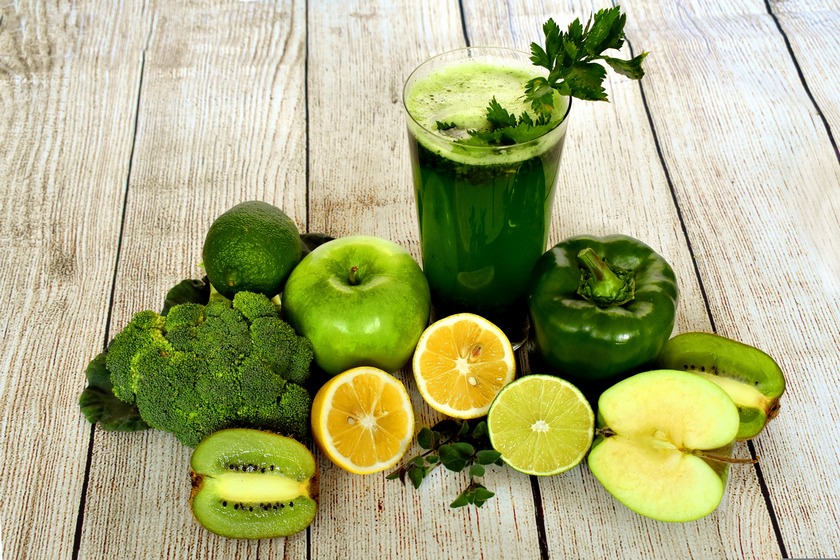Every passing year, more people decide to adopt veganism. While it is difficult to accurately monitor the number of vegans globally, a recent study puts them at 79 million. Although this increasing number of vegans is a welcome development, many misconceptions about the practice still exist.
The Benefits In The Body Of Being Vegan
Despite the popular belief that vegans lack some essential nutrients found in animal-based meals, this is not quite the case. Many plant-based meals can supplement these nutrients, making veganism a healthy lifestyle as any other. In fact, there are several health benefits you can derive from being vegan. Let’s consider some of them:
#1. Weight Loss
Adopting a vegan diet is a great way to manage excess weight. Research shows that vegans have a lower body mass index (BMI) than people on other diets. One randomised controlled trial found that vegan diets are more effective for catalyzing weight loss than comparable diets. Essentially, you have a better chance of attaining a healthy weight with a vegan diet than through omnivorous and semi-vegetarian diets.
It is not difficult to understand why this is the case. Most animal-based foods are typically high in fat and calories. Thus, by going vegan and avoiding meat-based meals or junk foods, you can lose more weight.
#2. Lower Risk of Heart Disease
Like other plant-based diets, a vegan diet is associated with a lower risk of heart disease. This is mainly a result of its cholesterol levels. Animal foods like cheese and meat are high in saturated fats (which increase cholesterol levels), hence the likelihood of heart disease. Vegan diets do not contain as much saturated fats and are, as such, better for the heart. In addition to not increasing cholesterol levels, plant foods like vegetables and grains are also high in fiber which has been found to improve heart health.
#3. Lower Cancer Risk
Vegan diets have also been associated with a lower risk of cancer. A 2017 review establishes that adopting a vegan diet may reduce your risk of cancer by up to 15%. Plant-based diets’ protection against cancer may be tied to their fiber, vitamins, and phytochemicals richness. Ultimately, more research must be done to identify the precise relationship between plant-based diets and cancer.
The absence of meat might also be a significant factor in the lower risk of cancer seen in vegans. This is because processed meat has been found to be carcinogenic and possibly a catalyst for colorectal cancer. Similarly, red meat has been linked to prostate, colorectal, and pancreatic cancer.
#4. Rich in Nutrients
Contrary to the popular view, vegan diets are rich in several nutrients that improve overall health, such as fiber and antioxidants. Similarly, plant-based foods provide more magnesium, folate, vitamins A, C, and E, and potassium, which benefit the body. Vegan diets differ in nutrient levels. Thus, it is crucial to adopt a well-planned vegan diet is crucial to ensure you get all the essential nutrients. Vegans typically take supplements to get nutrients lacking in plant-based diets. Some of the most commonly consumed supplements include vegan protein supplements, zinc supplements, calcium supplements, and supplements for vitamins B12 and D3.
Wrap Up: How Being Vegan Can Impact Directly Your Energy and Health Levels
If you have been considering going vegan but are concerned about your potential health decline, you can rest assured that a vegan diet is safe. As discussed in this article, vegan diets can significantly improve your overall health and wellness when properly planned.
What about you, have you felt any of the above health benefits of being vegan? Feel free to share any tips & advice below!










